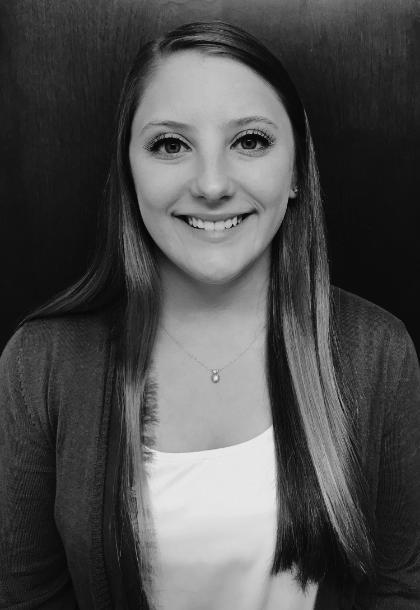I wouldn’t say I’m lucky, but I have definitely beaten the odds. I am writing this as a senior in college, on track to graduate this May. For someone like me, that’s pretty remarkable.
I spent more than 10 years of my life in the foster care system. I wish I could tell you the experience wasn’t that bad and that I got through it with minimal difficulty. I wish I could tell you most young people who have spent time in the foster care system make it through like I did. But that wouldn’t be true.
What is true is that, from the age of 3, I was bounced around in and out of my parents’ custody, several kinship care placements and several foster homes. When I lived with my parents, we were often homeless. The roach-infested garage where we stayed for a while was actually a step up; it had a roof.
At age 8, I moved into my first foster home. After a year there, my aunt and uncle tried to get custody of me, but for some reason the judge decided I should go live with my half-brother’s grandmother. I think she had a drug problem, too, just like my parents.
When I think about my foster care experience, the closest thing I can compare it to is the way lost and unwanted animals are treated in a shelter.
Sure, my basic needs were met. I was provided three meals a day, and I had clothes to wear—but I wasn’t truly cared for. I often went to school in dirty clothes and with unwashed hair.
But what I remember most was how unaccepted I felt. I was 3 years old when I entered the system. The odds of a family adopting a child over the age of 2 were slim to none. When potential families came to visit, I felt like a middle-aged dog waiting in my cage, wagging my tail and doing my best to get picked by a loving family—only to be let down again and again. The instability of constantly moving from place to place made everything worse: new houses, new neighborhoods, new schools, new caregivers, new rules.
As the years went by, I remember becoming more and more unhappy and feeling anger building up inside me. I started acting out with violent behavior.
When I was 12, the “grandmother” I’d been living with beat me badly, seriously injuring my left arm. At that point the police removed me and my half-brother from her care, and I went to yet another foster home.
I had been told no one wanted me and I was forgotten, but that wasn’t true.
My aunt, who had wanted to take me in years earlier, found out where I was and started the process of gaining custody of me. I was so happy when she and my uncle officially adopted me on Aug. 18, 2009. I was nearly 14.
Throughout my ordeal, I managed to succeed in school because it was the one thing I could control. I continued to do well in high school and, as a result, received a full scholarship to Tidewater Community College. When my best friend from high school decided to go to Longwood, I went, too, and found my calling in Longwood’s social work program. I know firsthand that the system needs to be improved, and I want to be a part of that change.
Even though I still don’t make friends easily, I have developed a diverse group of friends at Longwood. They made me feel very special at Convocation this year, decorating my mortarboard with Hawaiian flowers and my favorite quote from the Disney movie Lilo & Stitch: "Ohana means family. Family means nobody gets left behind or forgotten.”
And if I ever start to doubt my ability to prevail, all I have to do is remember the word I had tattooed on my left arm—the one that was injured in the beating when I was young. It’s inked in white so that I’m the only one who can really see it.
The word is “Survivor.”




Leave a Comment